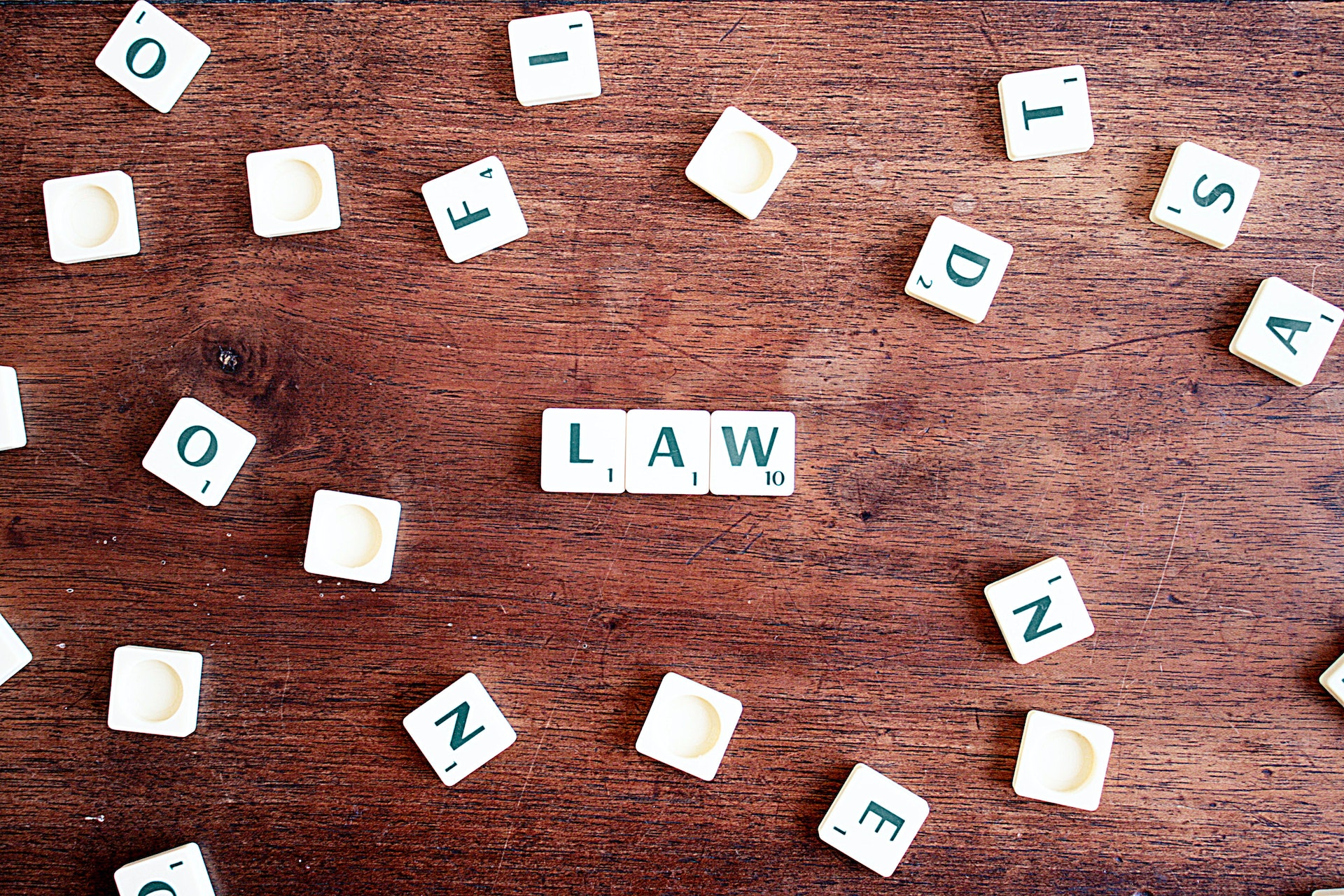INTRODUCTION
Social contract theory is a compelling political and moral concept that seeks to explain the origin and legitimacy of Government. It was developed by influential thinkers such as Thomas Hobbes, John Locke, and Jean-Jacques Rousseau.
This theory says that individuals willingly enter a mutual agreement, or social contract, to form a society and establish a governing authority. According to this theory, people surrender some of their natural rights and freedoms in exchange for protection, order, and advancing their collective interests.
DEFINITION OF SOCIAL CONTRACT
The social contract refers to an implicit agreement among individuals in a society in which they mutually consent to abide by specific rules and norms for collective order, stability, and the protection of rights and interests.
MAIN EXPONENTS
Hobbes, John Locke, Jean-Jacques Rousseau, and Grotius are the leading exponents of this theory.
TWENTIETH CENTURY
In the twentieth century, moral and political theory regained philosophical momentum due to John Rawls’ Kantian version of social contract theory. A new analysis of the subject by David Gauthier and others then followed it. In particular, feminists and race-conscious philosophers have argued that social contract theory is at least an incomplete picture of our moral and political lives.
CHARACTERISTICS OF SOCIAL CONTRACT THEORY
The characteristics of social contract theory are the following.
1. FREE AND INDEPENDENT
According to this theory, the people of a particular territory, state, or country should be free and independent.
2. PEACE AND SECURITY
People living in a particular territory in a state of nature felt the necessity of peace and security. They are not any danger or threat to their lives or property.
3. AGREEMENT
The people, therefore, entered into a general agreement to form themselves into a community.
4. OBEY THE GOVERNMENT
The people were to obey the Government to protect their natural rights.
MODERN SOCIAL CONTRACT THEORIES
A. THOMAS HOBBES (1588-1679)
Thomas Hobbes lived during the most crucial period of early modern England’s history, i.e. the English Civil War from 1642-1648. To describe this conflict in the most general of terms, there was a clash between the King and his Supporters, the Monarchists, who preferred the traditional authority of a monarch.
B. JOHN LOCKE (1632-1704)
With society becoming more complex, the want of a settled, known, and indifferent judge and power to back necessitated the renunciation of the state and agreement by the primitive man.
C. JEAN-JACQUES ROUSSEAU (1712-1778)
Jean-Jacques Rousseau felt that the state of nature was one of pastoral happiness. But its uninterrupted maintenance necessitated the social contract. By this contract, he lost natural liberty but gained civil liberty instead.
RECENT SOCIAL CONTRACT THEORIES
1. John Rawls’ Theory of Justice
In 1972, the publication of John Rawls’ “A Theory of Justice” was highly influential and brought moral and political philosophy back from a long philosophical consideration.
Rawls’ theory relies on a Kantian understanding of persons and their capacities.
For Rawls, people can reason from a universal point of view, which means they have the particular moral capacity to judge principles from an impartial standpoint.
2. David Gauthier
In his 1986 book Morals by Agreement, David Gauthier set out to renew Hobbesian moral and political philosophy.
In that book, he strongly argues that Hobbes was right: we can understand politics and morality as founded upon an agreement between exclusively self-interested yet rational persons.
He improves upon Hobbes’ argument, however, by showing that we can establish morality without the external enforcement mechanism of the Sovereign.
CRITICISM BY DIFFERENT JURISTS
The theory attributes to the primitive man the political notions of the present day, which is anachronistic.
1. BY AUSTIN
The theory is historically false as no proof exists of such an original agreement.
2. BY SIR MAINE
He observes that the theory is a violent anachronism.
3. BY PROF. GARNER
He also rejects the theory on the grounds of philosophy and reason.
CONCLUSION
Virginia has argued, “Contemporary Western society is in the grip of contractual thinking”. Contractual models have come to inform various relations and interactions between persons, from students and their teachers to authors and readers.
It would be difficult to overestimate social contract theory’s effect on philosophy and the broader culture. Social contract theory is undoubtedly with us for the foreseeable future.
FREQUENTLY ASKED QUESTIONS
What were the state of nature and challenges to the life of men according to John Locke’s Social Contact Theory?
(2019-A Special Exam, 2017-S, 2018-A)
Explain Jean Jacques Rousseau’s Social Contract Theory along with its criticism.
(2019-A, 2017-A)
Write a comprehensive note on the social contract theory concerning its criticism. Define the Term “Social Contract Theory”. What are its main Characteristics?
(2018-S)
What is Modern Social Contract theory? Also, discuss the leading exponents of this theory.
REFERENCES
- Jurisprudence
- N-Series by M.A. Chaudhary
- Black’s Law Dictionary

